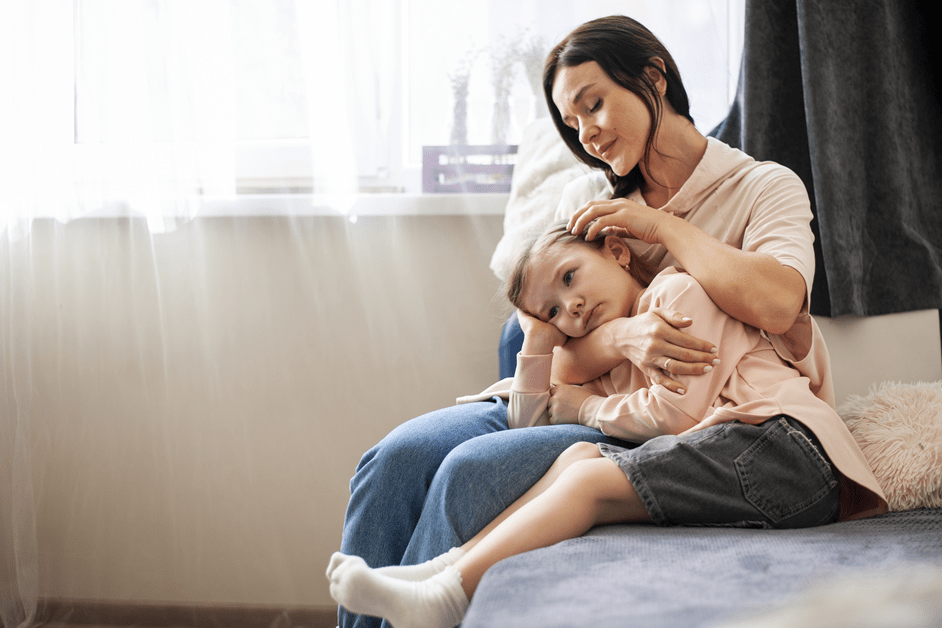Burping a baby is a normal part of a baby's routine. During feeding, babies often swallow air, and that air gets trapped in their stomach causing your infant to cry or fuss. It can also make your infant feel full even if they aren't. Burping not only relieves your baby's discomfort after a feed by allowing air to escape their stomach, but it also allows them to take in the amount of milk they require.
It keeps them feeling full and content for a long time. And we all know that a contented baby is a happy baby who will not only play happily but will also sleep well.
Why is burping important for your baby
When gas bubbles become trapped in your baby's stomach, they can easily make your baby feel uncomfortable. Hence burping is necessary for a variety of reasons:
Many babies suffer from colic (stomachache) due to excessive air getting trapped in their stomach which could break into bouts of crying and make them extremely cranky. Therefore, it is important that you help your baby burp properly post a feed.
Sometimes, babies do not sleep well during the night, but they feel better when you make them sit, then the chances are that the air trapped inside their stomach is likely causing discomfort.
Certain foods can produce gas because of bacterial decomposition in the large intestine. This includes food consumed by the baby as well as food consumed by the mother and passed on through her breast milk.
Shaking violently after adding water to the formula adds a lot of air to the liquid, which can result in excess gas. Instead, use premixed formula or wait a few minutes for the bottle to settle before giving it to your baby.
Allergy or intolerance to specific food types can also cause the formation of gas in a baby’s stomach.
How to burp your baby
All the methods will require a burping cloth (to protect against spit up or wet burps), as well as a gently patting motion across a baby's back to coax out the burp. The main difference in each of these methods is in the way the baby is held. You can try them all out to find which one works best for your baby.
Here are the three most recommended burping methods for your newborn;
Over the shoulder: Rest your baby’s chin on your shoulder. Now with one hand support and hold your baby, while using the other hand softly pat your baby on the back.
Sitting on your lap: Put a bib on your baby and place a cloth or towel across your lap. Place your infant on your lap, facing away from you, with your palm supporting the baby’s chest and your fingers supporting the jaw (not throat). Gently pat your infant on the back with another hand.
Laying on your lap: Lay the infant on your lap, tummy down, perpendicular to your upper body. Support your baby’s chin with one hand, ensure that baby’s head is higher than the chest, and with another hand softly pat or rub your baby’s back.
When should you burp your baby?
There are no set rules for when to burp your infant; some babies require burping during their feed, while others require burping afterward. Look for cues - if your baby appears uneasy when feeding, take a little burp break. If they seem fine while doing so wait till they're done feeding.
Some tips for burping your baby;
If you’re bottle-feeding your baby, you should burp him after every two to three ounces of milk.
If you’re nursing, burp your little one every time he switches breasts. Some breastfed newborns may not require as often burping since they may not swallow as much air.
After feeding, always burp your baby and keep him/her upright for at least 10-15 minutes to avoid spitting up.
If your baby doesn't burp after trying for a few minutes, alter the position, and try again before feeding.
Is your little one still showing traces of trapped gas?
To manually help push out trapped air from your baby’s stomach, place your baby on his back and gently massage the tummy, or move your baby's legs back and forth like riding a bicycle. Alternatively, gently bring the baby's knees to his tummy and hold for 10 seconds before releasing and straightening his legs and repeat the process a few times more.
While burping can be beneficial, you don't need to burp your infant every time if they don't appear to be in discomfort.

.jpg?alt=media&token=cee3fecf-0a2f-4a75-8af5-799c4247fb49)
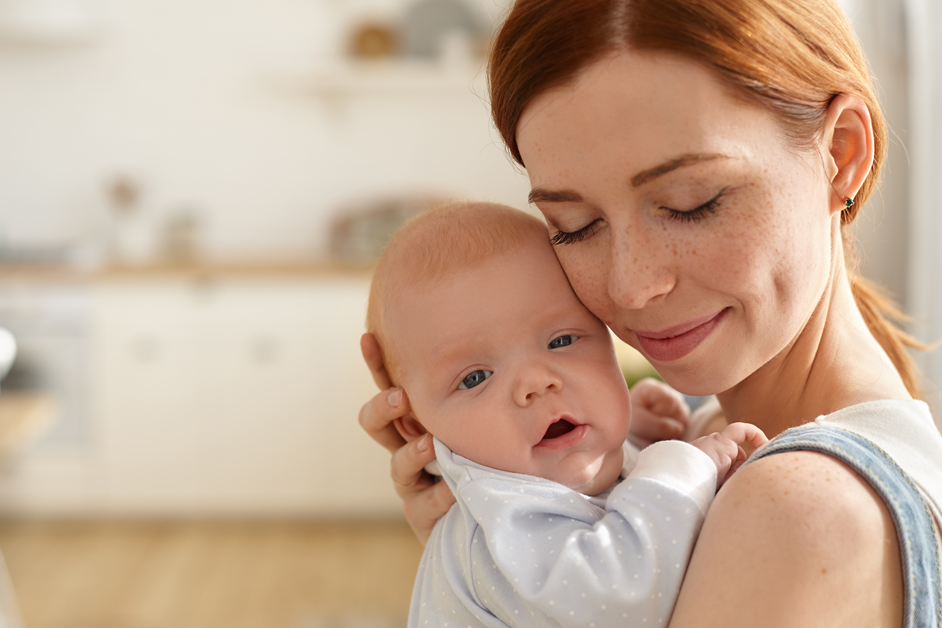
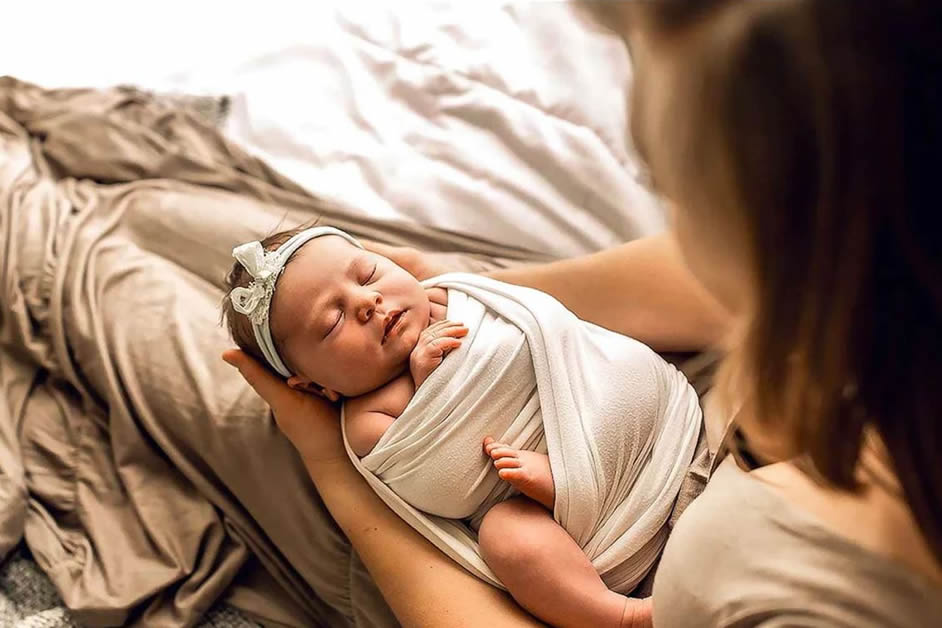
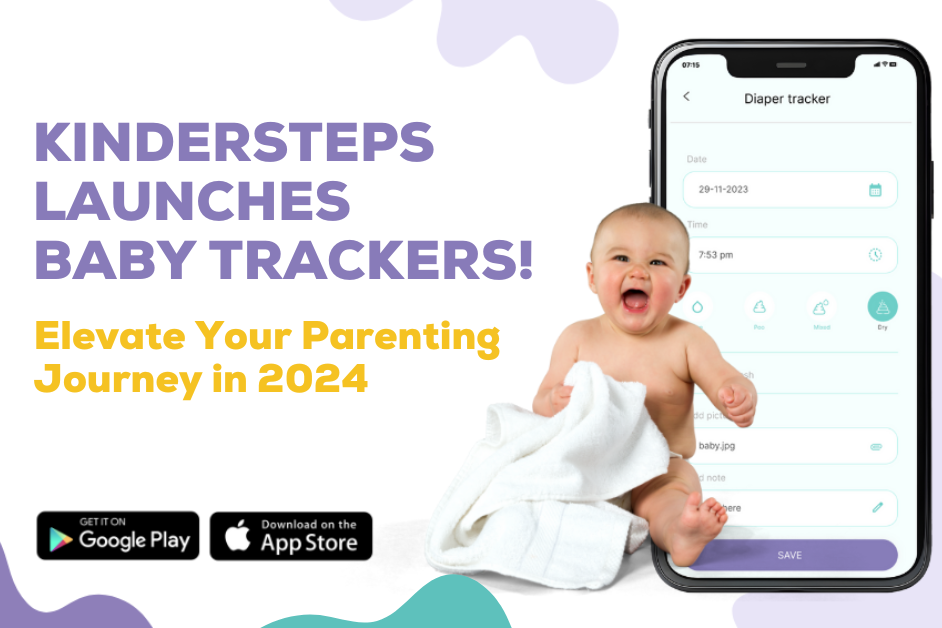
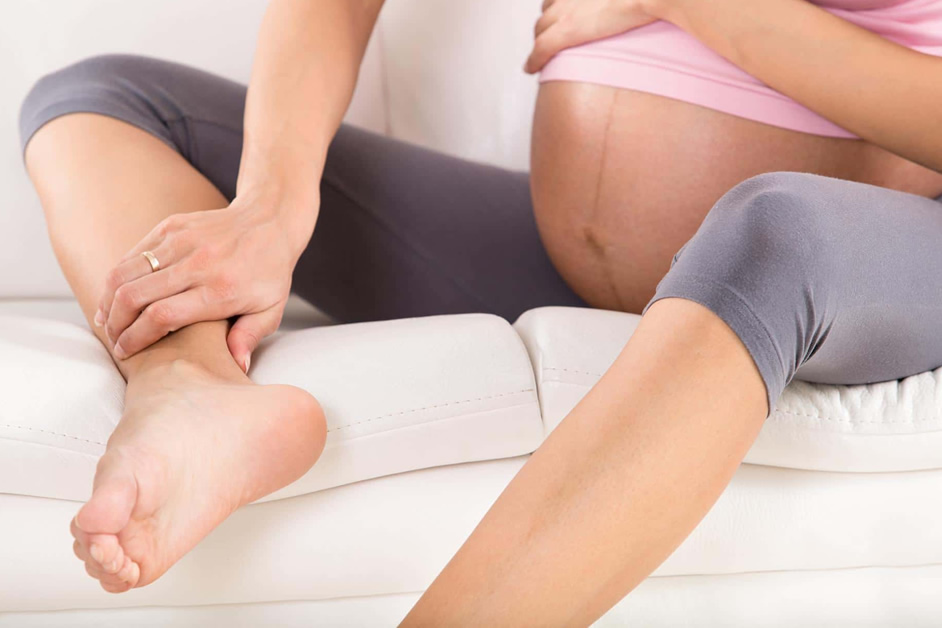
.jpg?alt=media&token=166b64a9-274c-400c-95e4-baf0013e7e43)
